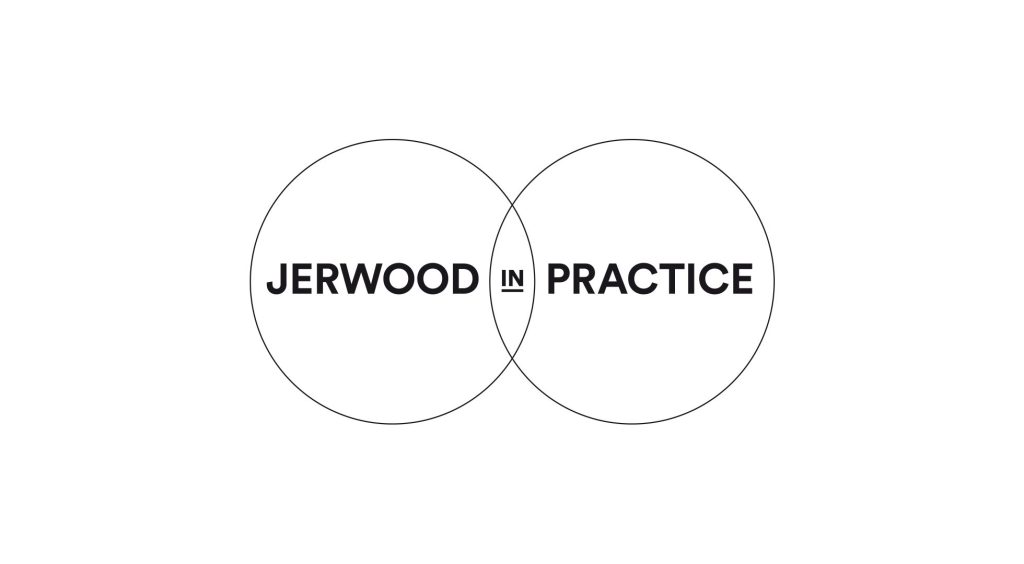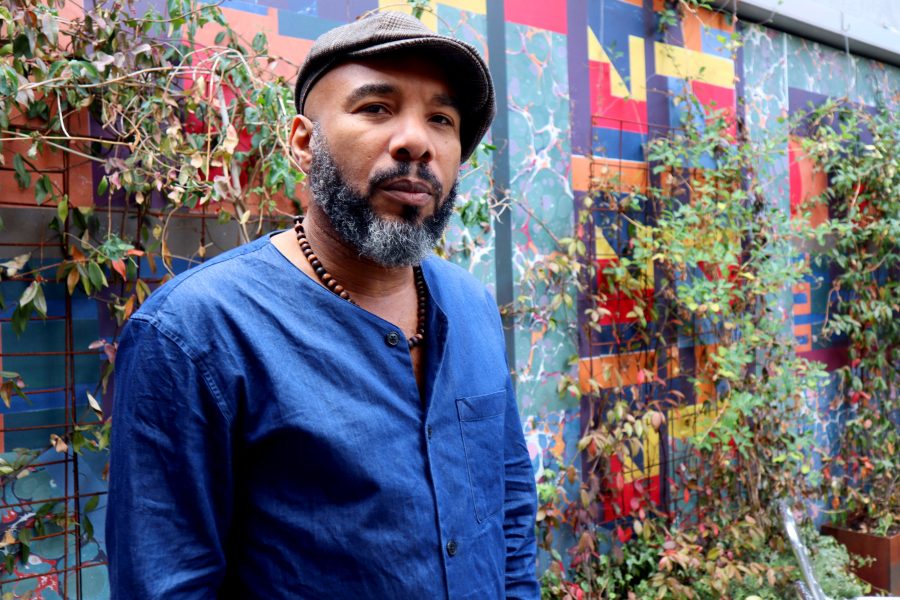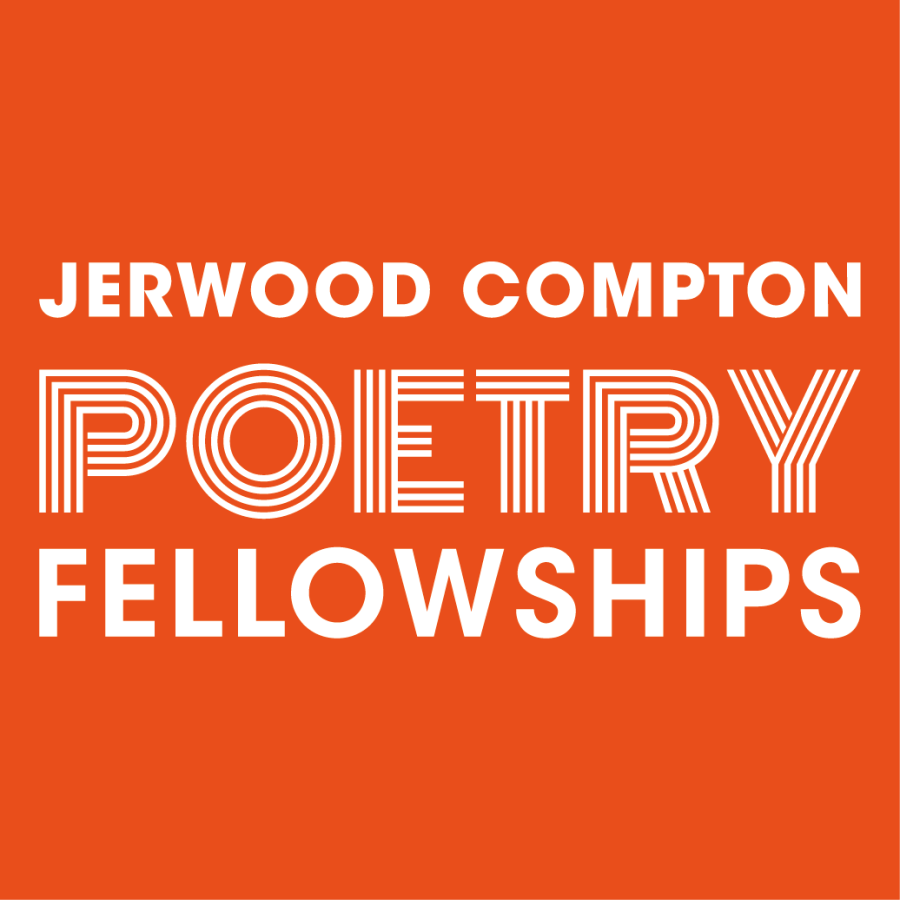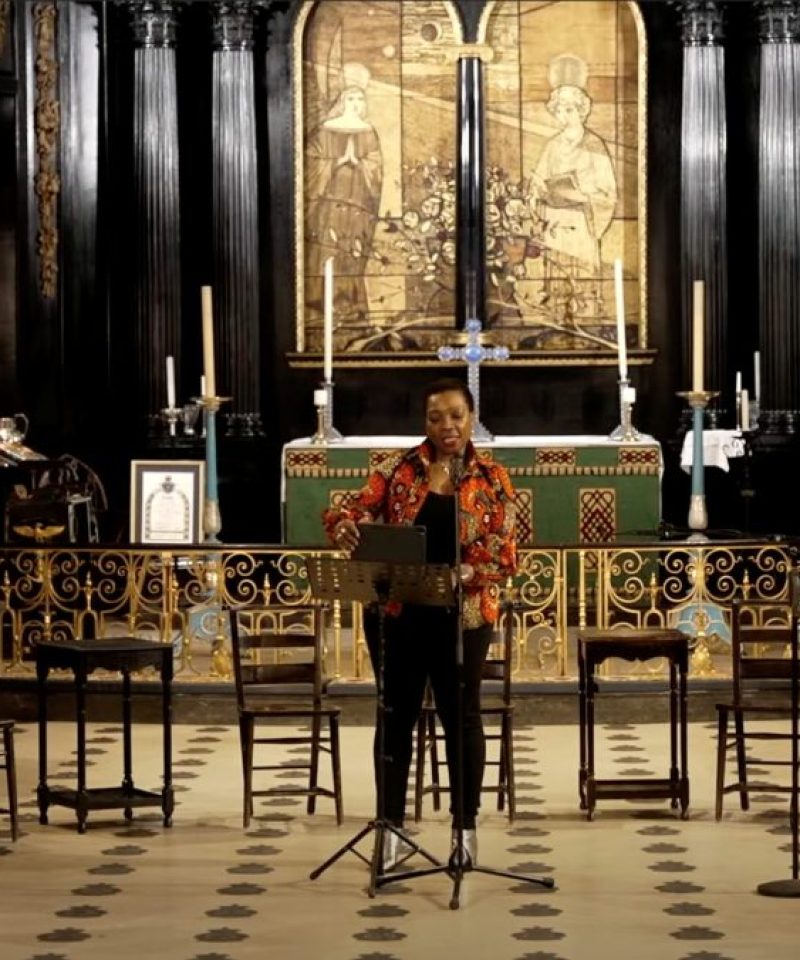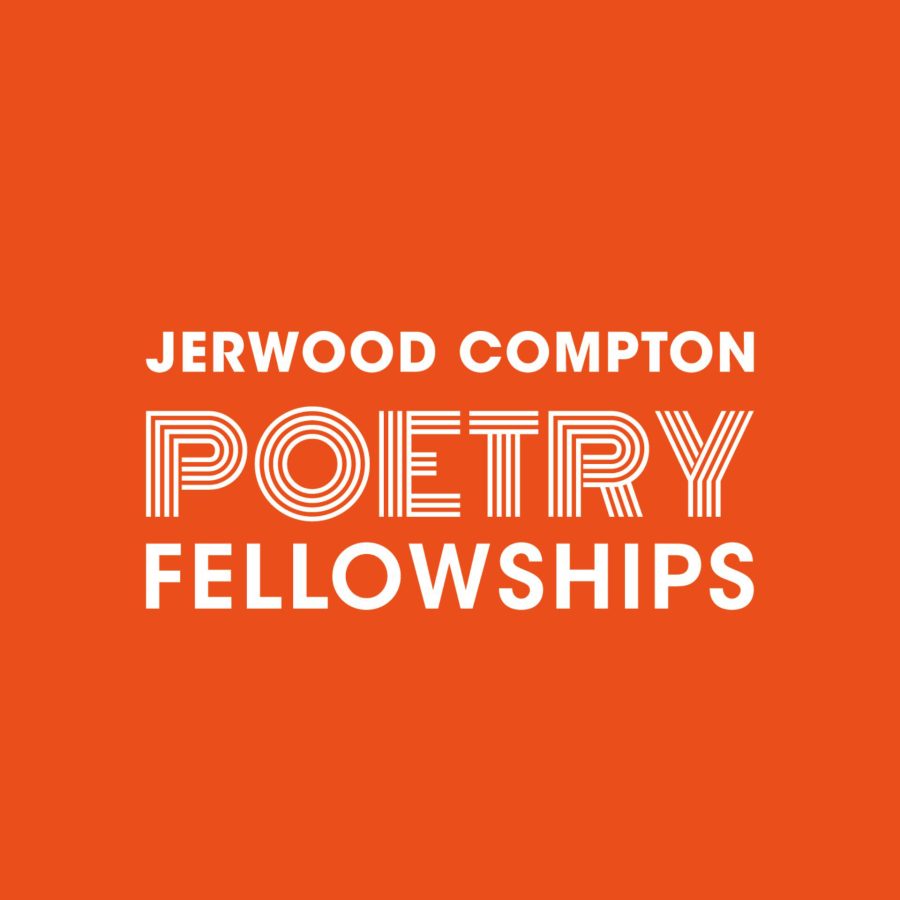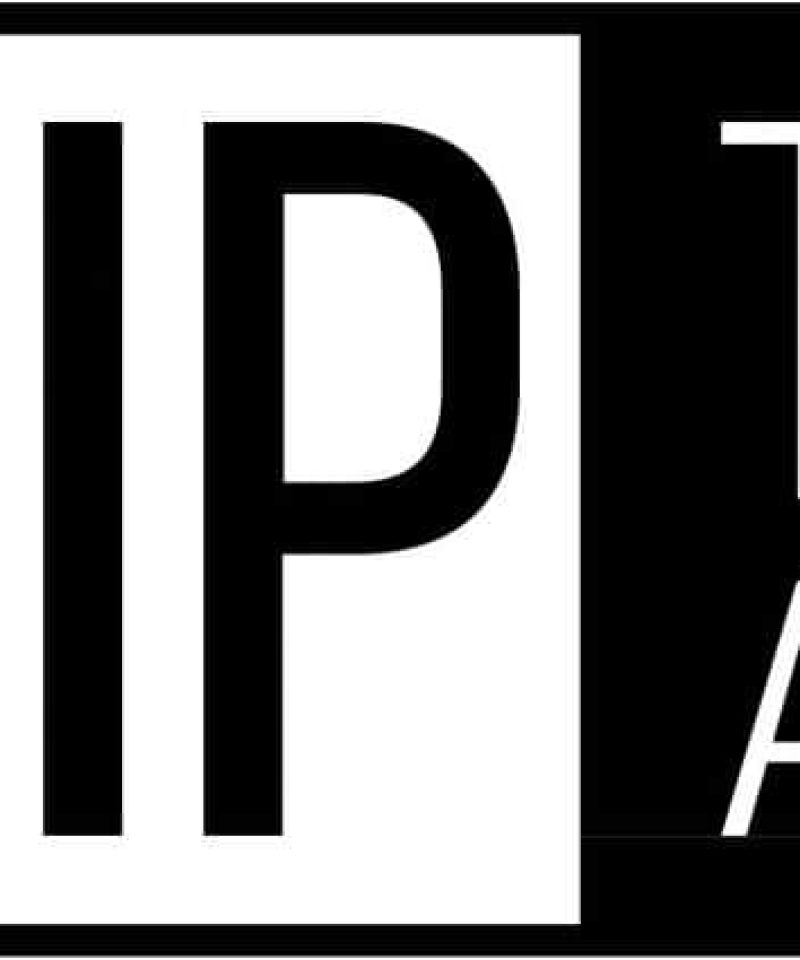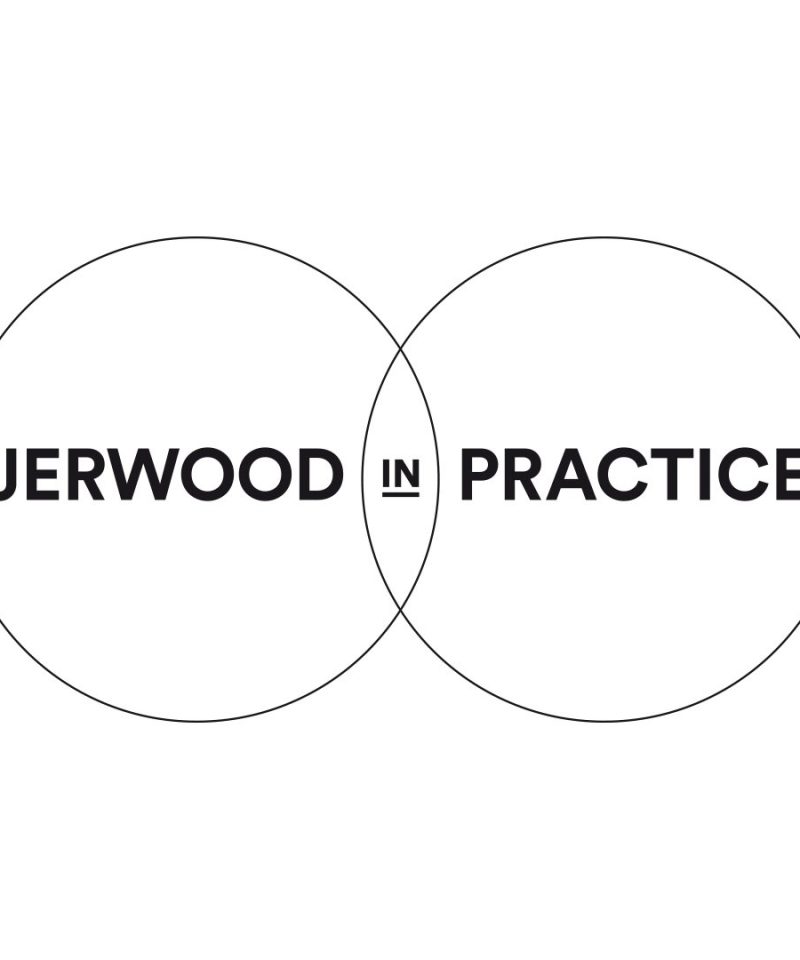The Jerwood Compton Poetry Fellowships began because Arts Council England approached Jerwood Arts to set up a new opportunity for poets using the Joseph Compton bequest. Our expertise is in artist-focused awards, commissions and funding. We work across art forms and over the past five years these fellowships have been in dialogue with other programmes we run such as the Jerwood/Photoworks Awards (for photography) and Jerwood/FVU Awards (for moving image), as well as the recent Live Work Fund, which offered 33 £20k grants for artists affected by the lack of live performance opportunities over the past year to sustain and build their practices. We have deliberately set out the Jerwood Compton Poetry Fellowships to champion poets who are adept at exploring the blurry, exciting edges of poetry and other art forms.
In announcing the latest fellows last week, and in line with our other funding and awards for artists, we were careful to avoid calling them winners of a prize. Nonetheless when the news was picked up online, it was interesting to see that this was the language some people used. This suggests how ingrained prize culture is in the arts; the win/lose binary which is automatically applied to any form of recognition. Our fellows have put in the effort and dedication to be rewarded with this opportunity. But we certainly don’t want to suggest that there aren’t many more hard-working poets out there that deserve a similar accolade. Winning suggests chance or some greater ability that others haven’t yet achieved, and we have always felt uncomfortable with these associations.
Jerwood was synonymous with arts prizes in the 1990s and 2000s, but for these and other reasons we have moved away from prize “tah-dah” moments to creating awards and commissions that offer deeper opportunities for artists. The distinction we make is that prizes tend to reward work done, whereas we prefer to reward unseen work, or work that has not yet been done, or work that has not even yet been dreamt of. The recognition of potential and ideas means that crucial financial and professional support can be given to poets when they need it most. We want to clearly say that poets, to produce their best work, need mentoring, research and writing time, critical feedback, editorial support and much more. If the money in poetry is only given to a select few at the end of this process – after publication – then it is rewarding those who have somehow made it to the finishing line, and by the wayside have fallen those without the means time self-support them through the long dark months and years it takes to make a show and get it funded or craft a collection and get it published.
When the Jerwood Compton Poetry Fellowships were set up five years ago, it was with the intention to subvert the dominant prize culture in the poetry. At time the shortlists and winners were, to put it bluntly, monocultural and the richest prizes were for a certain type of poetry. There has however been a huge shift in the winners of major poetry prizes over the past 10 years; Roger Robinson and Sarah Howe winning the T S Eliot Prize, Mona Arshi and Will Harris winning the Forward First Collection Prize, and Raymond Antrobus (a previous Jerwood Compton Poetry Fellow) winning The Sunday Times Young Writer of the Year, to name just a few. The most recent winner of the Forward First Collection Prize, Caleb Femi, who represents an authentic voice of young Black British men, demonstrates clearly that prizes are increasingly open to new poetries. There has also been a significant shift in the prizes themselves. The Brunel African International Poetry Prize founded by Bernardine Evaristo did an incredible job of bringing African poets to new audiences, in many cases changing the winners’ lives. The recently established James Berry Prize will be the first prize to publish full collections of poets of colour with Bloodaxe and offer them a year of mentoring. This shift in both the winners and the prizes themselves, shows that prize culture has a positive role to play, opening-up new audiences and demonstrating that there has been a significant shift in the literature canon.
Within this landscape we feel the Jerwood Compton Poetry Fellowships model offers something special: the possibility for the poets to take time to reflect and to work on their craft without constant financial worry. For a poet, the gift of time is probably the most important thing they can be offered. This year we were painfully aware that we could only appoint three fellows and that there were many brilliant applicants. We decided to run a series of 10 masterclasses over the course of a year, including some of the most respected poetry tutors in the UK, to ensure that all applicants gained something.
We are lucky to work with Dr Nathalie Teitler as the manager of the Jerwood Compton Poetry Fellowships, who has a deep experience and understanding of running programmes for poets that has contributed to the changing landscape of support for poetry in the UK. Besides an enormous amount of coaching, mentoring and editing for individual poets, Nathalie has run over the past 15 years the Complete Works Poetry (also founded by Bernardine Evaristo) and the Bridge (an online collective for global majority poets around the world offering free monthly masterclasses). These sit alongside some of the excellent development and mentoring schemes in the UK, including the Obsidian Foundation, the Rebecca Swift Foundation’s Women Poets’ Prize and many more.
Prizes still have their place in poetry (and in other art forms too), but they need to sit alongside other support systems and paid work that respects the poet as a professional. The way prizes are selected needs to be more transparent, the panels need to continue to better represent the diversity of backgrounds, experiences and forms within the world of poetry, and they need to continue to adjust to where new poets are making new work for new audiences and spread what little money there is in poetry more equitably. The poetry economy needs to be overhauled too, so that poets get paid fairly for all their work – teaching, gigs, commissions and publishing – and in doing so recognise the contribution poets make in schools, care homes, prisons, living rooms, theatres, festivals and on TV and radio up and down the country. Poets need to make a living from the work when they do it.
Jon Opie, Deputy Director
